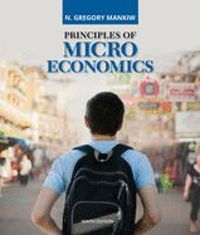Question
1) The zero-coupon bond is a bond that doesn't pay any coupons; investors gain from the price difference between what they pay and what they
1) The zero-coupon bond is a bond that doesn't pay any coupons; investors gain from the price difference between what they pay and what they receive as par-value.
a. true
b. False
2) Assume a closed-end fund is established with $500 million and 50/50 invested in 2 stocks, A and B. The price of A is $100 and that of B is $200. If the fund issues 10 million shares of its own to represent the mutual fund, what should be its Net Asset Value (NAV) on the day the fund is established?
a) $500 million
b) $50
c) $150
d) $250 million
3) The case of trading on insider information and criminal persecution of the offenders is an indication and, hence, evidence that the________________________________of efficient market hypothesis does not hold in financial markets.
a) strong form
b) semi-strong form
c) weak from
4) Which of the following financial institutions have the highest amount of funds under management in the US?
a) Mutual Funds
b) Hedge Funds
c) Commercial Banks
d) Insurance Companies
5) Bonds can be either money market securities or capital market securities.
a) True
b) False
Step by Step Solution
There are 3 Steps involved in it
Step: 1

Get Instant Access to Expert-Tailored Solutions
See step-by-step solutions with expert insights and AI powered tools for academic success
Step: 2

Step: 3

Ace Your Homework with AI
Get the answers you need in no time with our AI-driven, step-by-step assistance
Get Started


